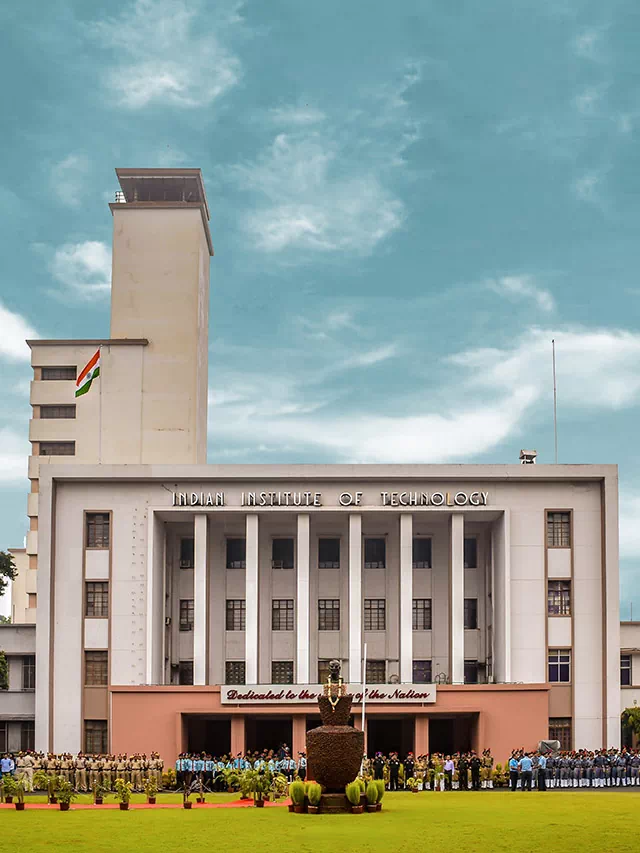Indian Institutes of Technology are a group of public engineering and technology institutions in India established with the goal of providing education and research in various fields of technology and engineering. There are 23 IITs in total, located throughout India. They are considered among the most prestigious engineering institutes in India and are known for their high academic standards and strong focus on research. They are among the most prestigious engineering institutes in the country and are known for their high-quality education and research in engineering and technology.
To be admitted to an IIT, students must take the Joint Entrance Examination (JEE). The JEE is a highly competitive, two-part examination that tests a student’s knowledge of math, physics, and chemistry. The JEE Main is the first part of the examination, and it is used to determine a student’s eligibility for the JEE Advanced, which is the second part of the examination.
The JEE Main is conducted annually by the National Testing Agency (NTA), and it is held in multiple sessions in January and April. Students who score well on the JEE Main are eligible to take the JEE Advanced, which is typically held in May. The JEE Advanced is considered to be one of the toughest engineering entrance exams in the world.
Admission to the IITs is based on a student’s performance on the JEE Advanced. The top-performing students are offered a seat at one of the IITs based on their rank and the availability of seats in their preferred program.
It’s worth noting that, the JEE examination has been recently changed and the format of the examination is now different. The JEE Main is now twice a year and JEE Advanced is held once a year. Also, the weightage of 12th standard marks is also considered for the final selection.
In addition to the JEE Main and Advanced, admission to the IITs also requires a student to have completed their secondary education and to have obtained a certain level of marks in their final exams. They should have passed their 12th standard or equivalent examination with Physics, Chemistry, and Mathematics as their main subjects.
The IITs offer undergraduate, postgraduate and doctoral programs in engineering, technology, sciences, and humanities. Undergraduate programs typically last for four years and lead to a Bachelor of Technology (B.Tech) or Bachelor of Science (B.S) degree. The postgraduate programs typically lead to a Master of Technology (M.Tech) or Master of Science (M.S) degree, and the doctoral programs lead to a Ph.D. degree.
The IITs are known for their high-quality education and research, and they have a reputation for producing some of the best engineers and scientists in India. Graduates of the IITs are highly sought after by employers, and many go on to have successful careers in academia, industry, and government.
The IITs also have strong international partnerships and collaborations with leading universities and research institutions around the world, which allows students and faculty to benefit from a diverse range of perspectives and expertise.
Overall, getting into an IIT is a challenging process that requires a high level of dedication, hard work, and a deep understanding of math, physics, and chemistry. But for those who are successful, the rewards are significant and can lead to a lifetime of opportunities and success in the field of engineering and technology.




